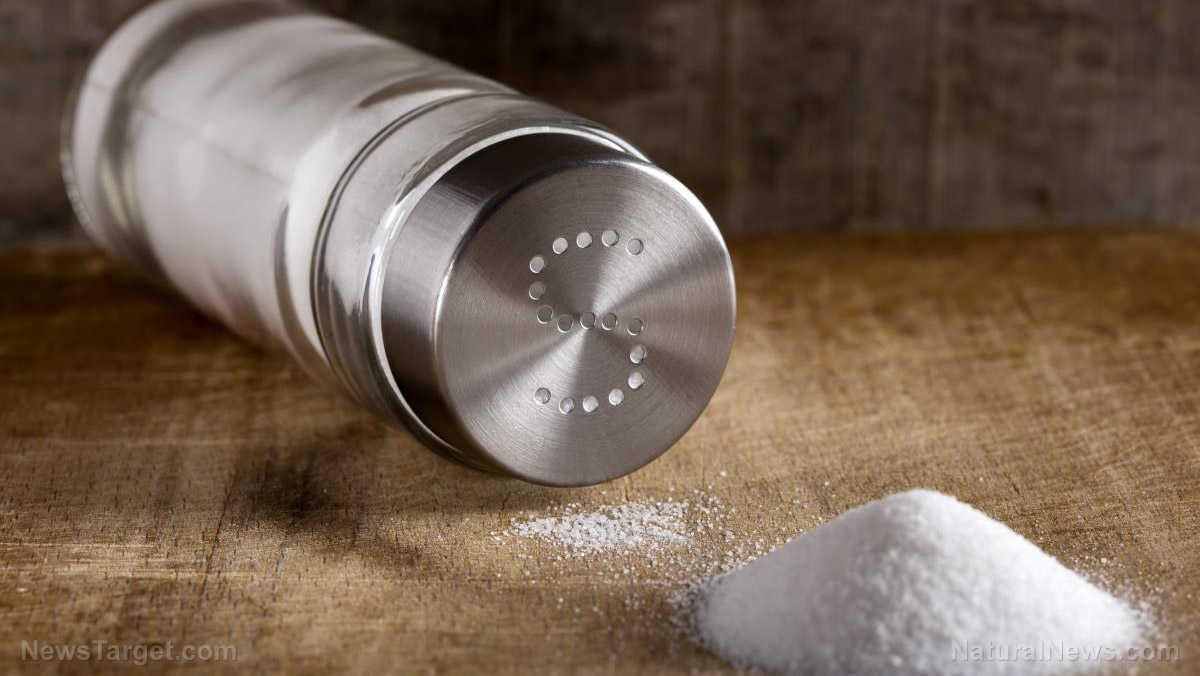
Advertisement
Aside from being a contributor to the development of high blood pressure and autoimmune diseases, a high-salt diet can also negatively affect gut microbiota, according to research.
Researchers found out that a high salt diet reduced the number of the bacteria Lactobacillus murinus in the gut of mice. This negative effect of the high salt diet was in addition to the primary consequences of a high salt diet — hypertension and increase in Thelper17 (TH17) cells.
During the study, the rodents were fed a diet where sodium chloride made up four percent of their food intake for two weeks. As the team treated the rodents with L. murinus, they discovered that it reversed the negative effects of the high salt diet, especially lowering the blood pressure and preventing the aggravation of the experimental autoimmune encephalomyelitis caused by the TH17 cells.
In addition, the researchers tested the effects of the high salt diet in human subjects. This time, they took 12 individuals, who added six grams of sodium chloride per day in their diets for two weeks.
After the dietary intervention, the team recorded the same results as with the mice subjects. The participants in the human trial had higher blood pressure and TH17 levels, as well as reduced populations of L. murinus bacteria.
TH17 cells are subsets of the CD4*T helper lymphocytes. Initially, TH17 cells play a role in the body’s defense against extracellular pathogens, especially at the mucosal and epithelial barriers. However, if TH17 cells are activated beyond their normal function, they can contribute to autoimmune diseases.
“It is still unclear exactly how Th-17 cells contribute to the development of high blood pressure and other ill effects of a high-salt diet,” the scientists said in the study that is published in the journal Nature.
“We’re learning that the immune system exerts a lot of control on the body, above and beyond what we generally think of as immunity. The mechanisms by which it exerts that control are still being unraveled,” said study co-author Eric Alm from the Department of Biological Engineering, Center for Microbiome Informatics and Therapeutics at Massachusetts Institute of Technology.
“We hope that our findings, along with future studies, will help to shed more light on the mechanism by which a high-salt diet influences disease.”
A potential medical use
Meanwhile, the team not only discovered the effects of a high salt diet on gut microbiota, but they were also able to find a potential way to counter salt-sensitive diseases. As mentioned, the team observed that a high salt diet primarily affected L. murinus in both animal and human trials. However, their experiment in mice subjects also revealed that gut bacteria can be used to reverse the effects of a high salt diet. According to the researchers, this means that the gut microbiome, particularly L. murinus, can be used to treat diseases caused by too much salt consumption.
“These are very interesting findings with a potential for the development of novel therapeutic options,” says Markus Kleinewietfeld from the VIB Center for Inflammation Research in Hasselt who was also a part of the research team. “However,” he admits, “at this point, we are just at the beginning to understand the complex interplay between food intake, gut bacteria and immunity and its role for disease.”
In addition, their findings serve as a warning for people to consume too much salt in their diets. In the U.S., the recommended dietary allowance and tolerable upper intake level for sodium chloride are yet to be established. According to the U.S. Dietary Reference Intakes, there is not enough evidence showing that sodium, which makes up around 40 percent of salt, has toxic levels in the body.
For more on how you should care for your gut, follow Digestion.news.
Sources:
Advertisements







